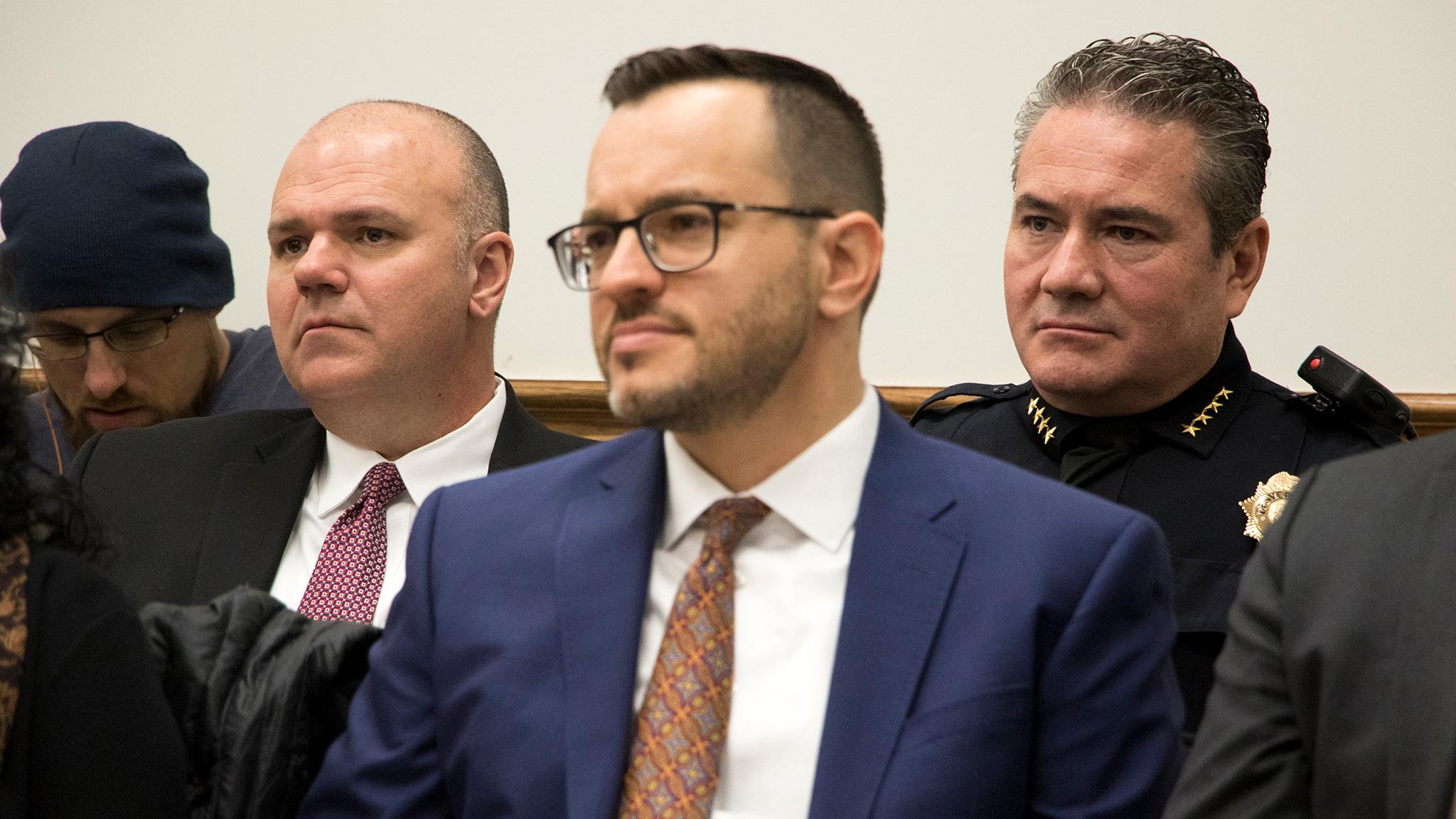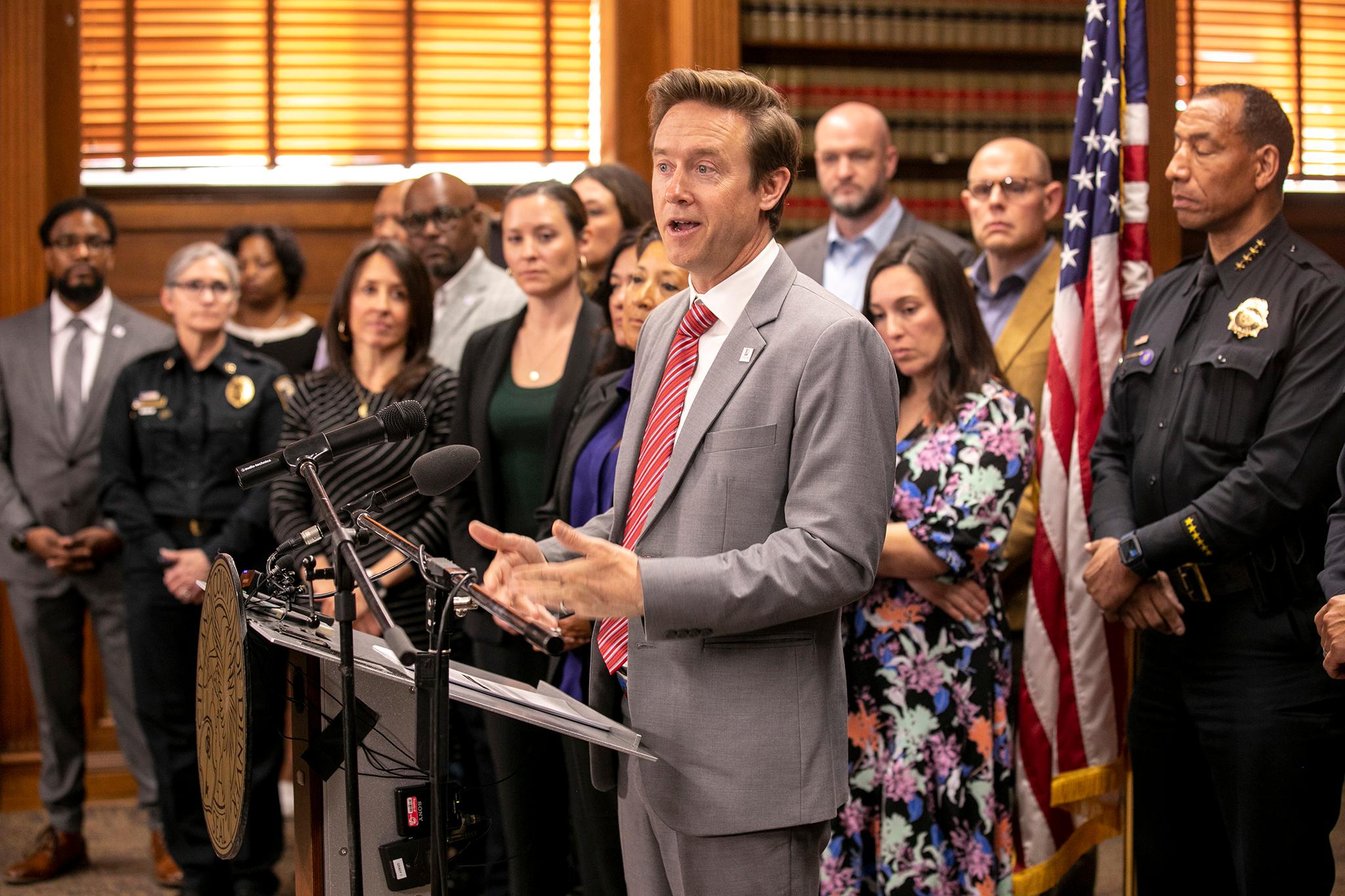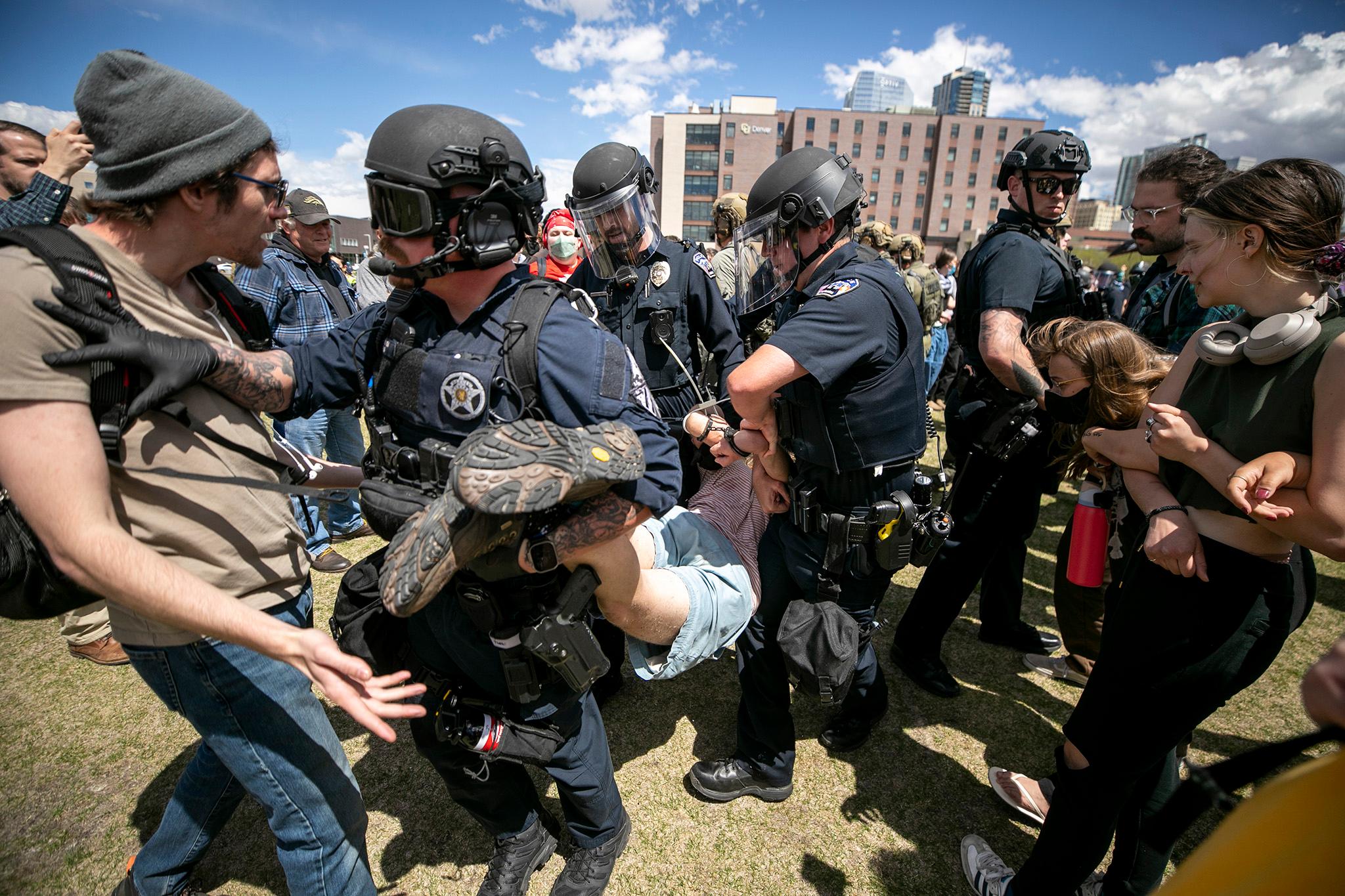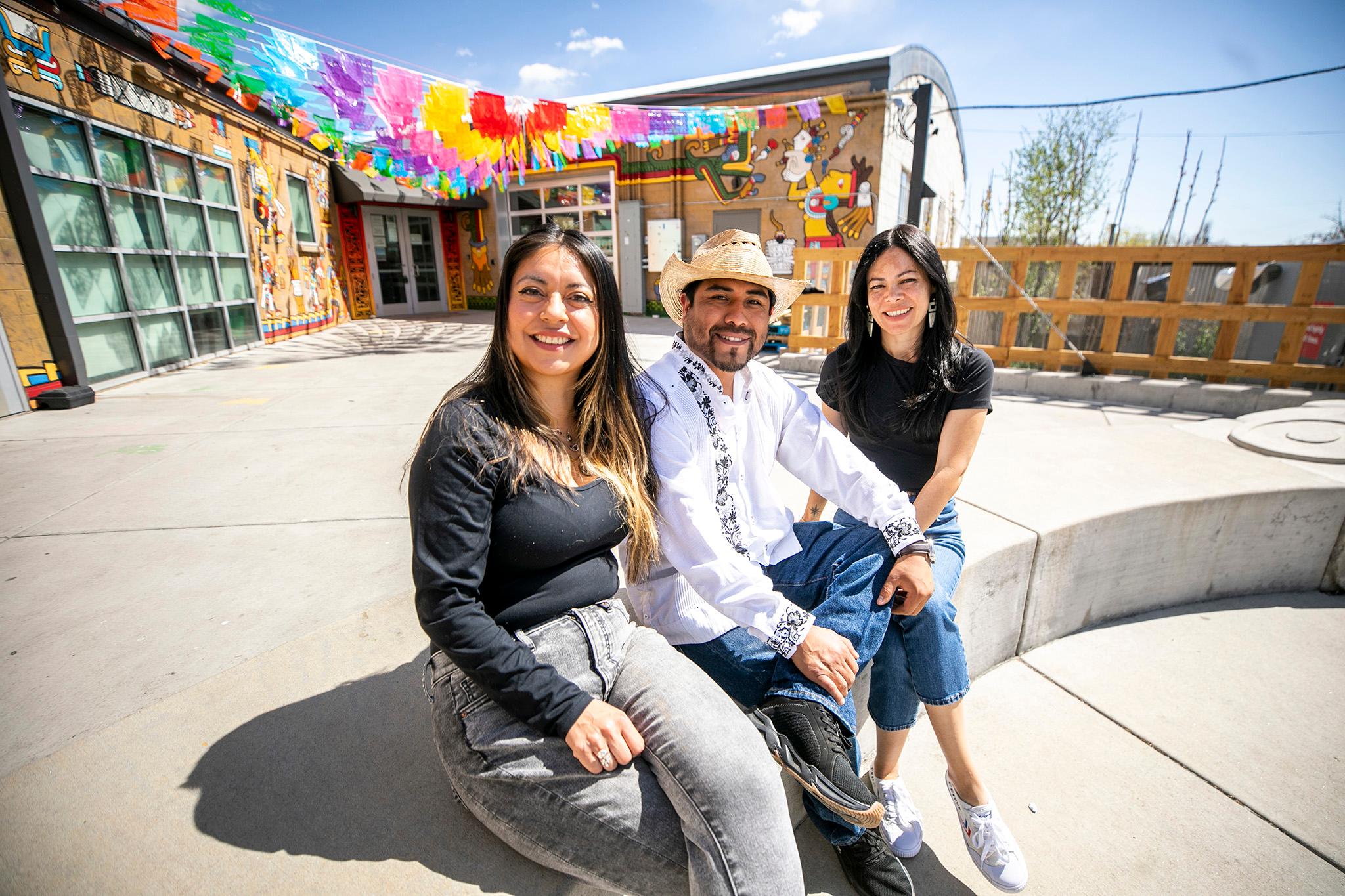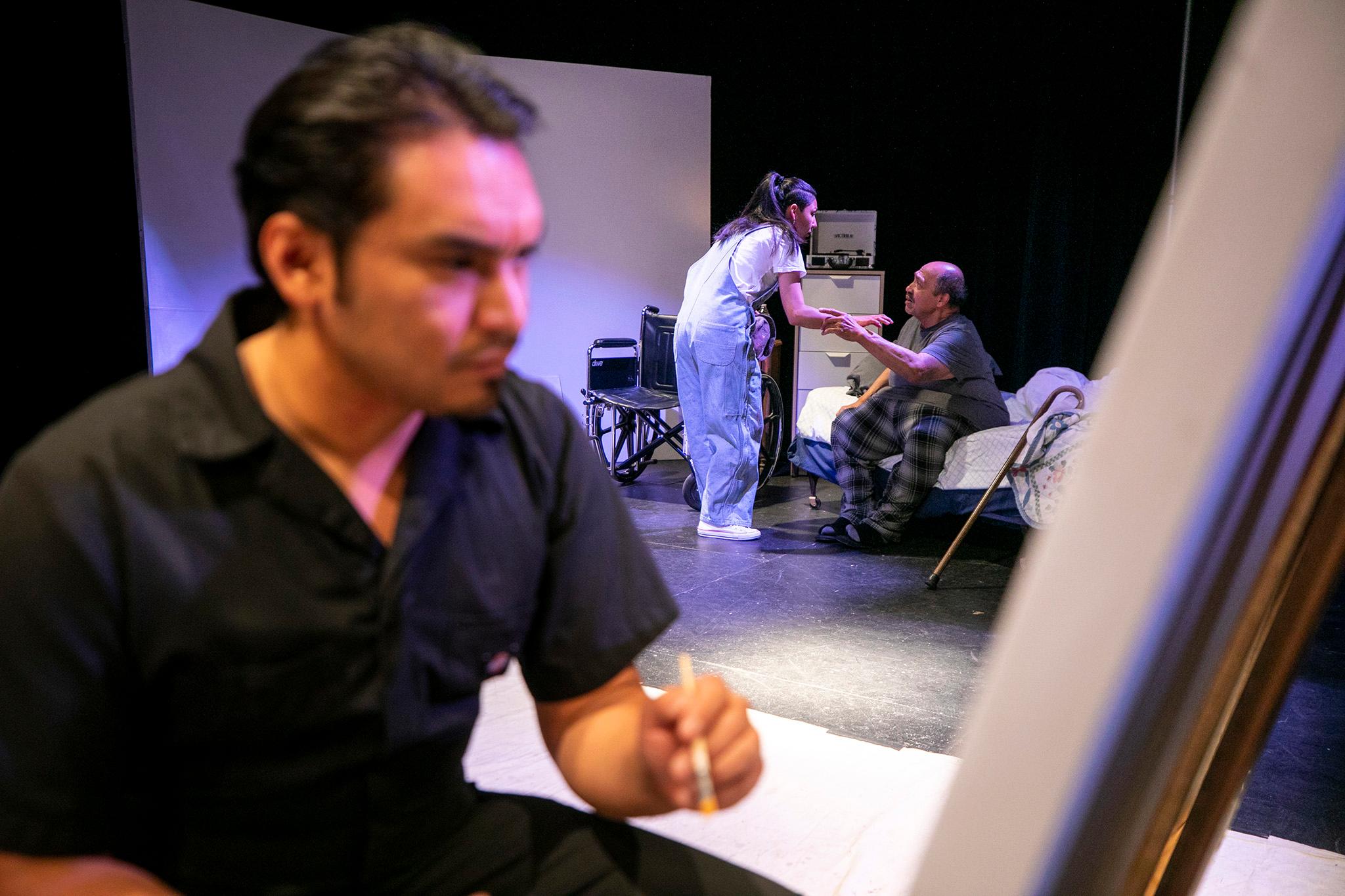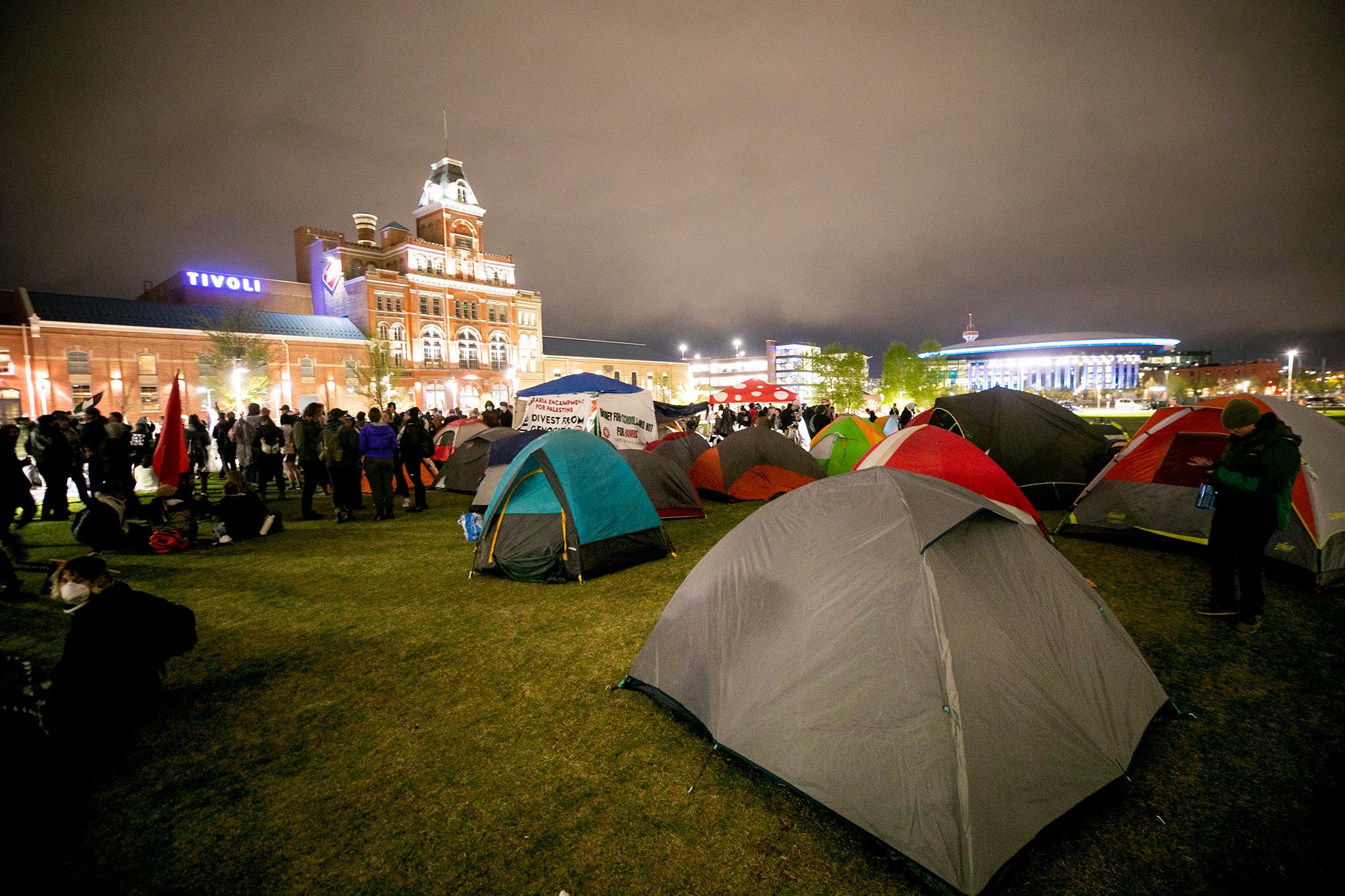UPDATE, January 30, 2019: The Denver City Council's Safety, Housing, Education and Homelessness Committee advanced an amended version of the bill to the full legislative body.
The major difference is how members of the Citizen Oversight Board get appointed. Denver's mayor and city council will each get four appointees, with one appointee being a "joint" decision. COB members will nominate them.
The ordinance heads to the full council for a vote Feb. 19.
The Denver City Council is debating whether to give more authority to the Office of the Independent Monitor, whose powers have barely changed since it was established in 2004 as a check on Denver's law enforcement personnel.
Proposed tweaks give the watchdog a little more bite by erasing any distinction between top posts -- chief of police and sheriff -- and their subordinates when it comes to oversight. That change stems from last year, when Mayor Michael Hancock cut the independent monitor out of an investigation into former Chief of Police Robert White, a political appointee.
The mayor's office would lose additional sway under the proposed changes. It would empower the city council to appoint four members to the Citizen Oversight Board, the resident-run group that assesses the independent monitor. Currently the mayor appoints all members.
Advocates say they've wanted stronger oversight long before the White incidents. The deaths of Michael Marshall, Marvin Booker and others helped precipitate the changes, too. The city paid $19 million between 2014 and 2017 to settle claims against the police and sheriff departments, the Denver Post reported. (The city has not yet verified that figure for Denverite.)
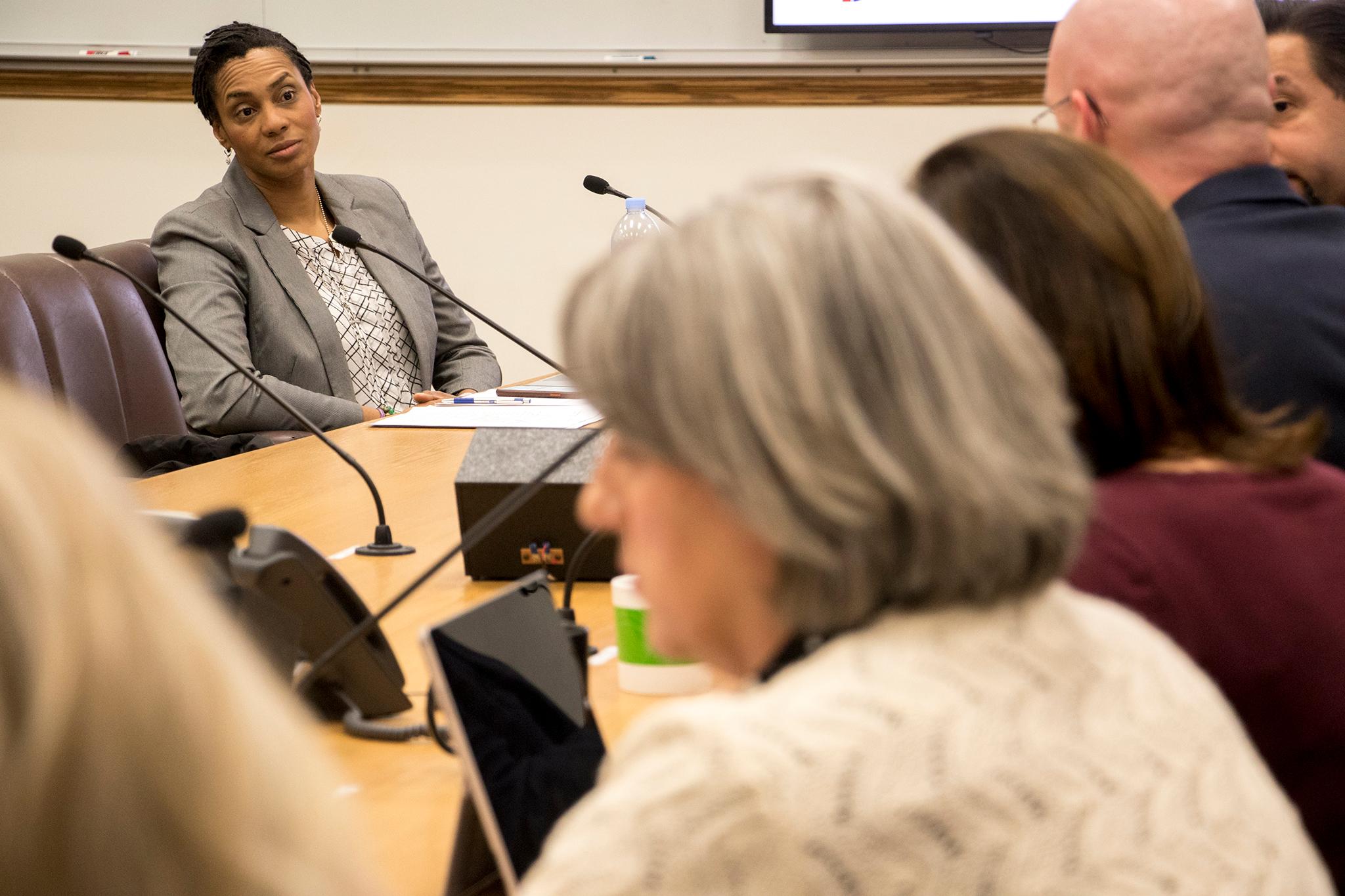
"Denver police and sheriff are the only agencies in the city that are allowed to kill people in the course of their normal work," Roshan Bliss, an advocate with the Denver Justice Project, said during a city council committee meeting Wednesday. "And we think that it's just utterly reasonable that they be subject to the highest level of oversight because of that power."
City councilmembers Paul Kashmann, Robin Kniech and Paul Lopéz, crafted the ordinance, which is still a draft, along with the oversight board. Independent Monitor Nick Mitchell said he supports the changes.
The proposal expressly bans retaliation for anyone who cooperates with the independent monitor. It would also clarify the monitor's authority to release reports like the one documenting the death of Marshall while in the Denver Sheriff Department's custody.
Internal investigators would have to promptly notify the independent monitor of any criminal charges, which is also new. Plus the watchdog agency would gain the power to comment on the disciplinary process.
The police union called most changes "a big mistake."
The Denver Police Protective Association worries that the changes would give civilians too much power. Union president Nick Rogers laid out his arguments in a letter to Kashmann.
Letting the oversight board nominate new members would skew the body in favor of "civilian control of the DPD," Rogers states. And notifying the watchdog for every internal investigation -- even if they stem from misdemeanors -- is overreach that can jeopardize the department's investigation, he claims.
Rogers is especially concerned about letting Mitchell, the independent monitor, comment on how officers and deputies is disciplined. It's a "slippery slope" that could end up with civilians disciplining officers, he told Denverite.
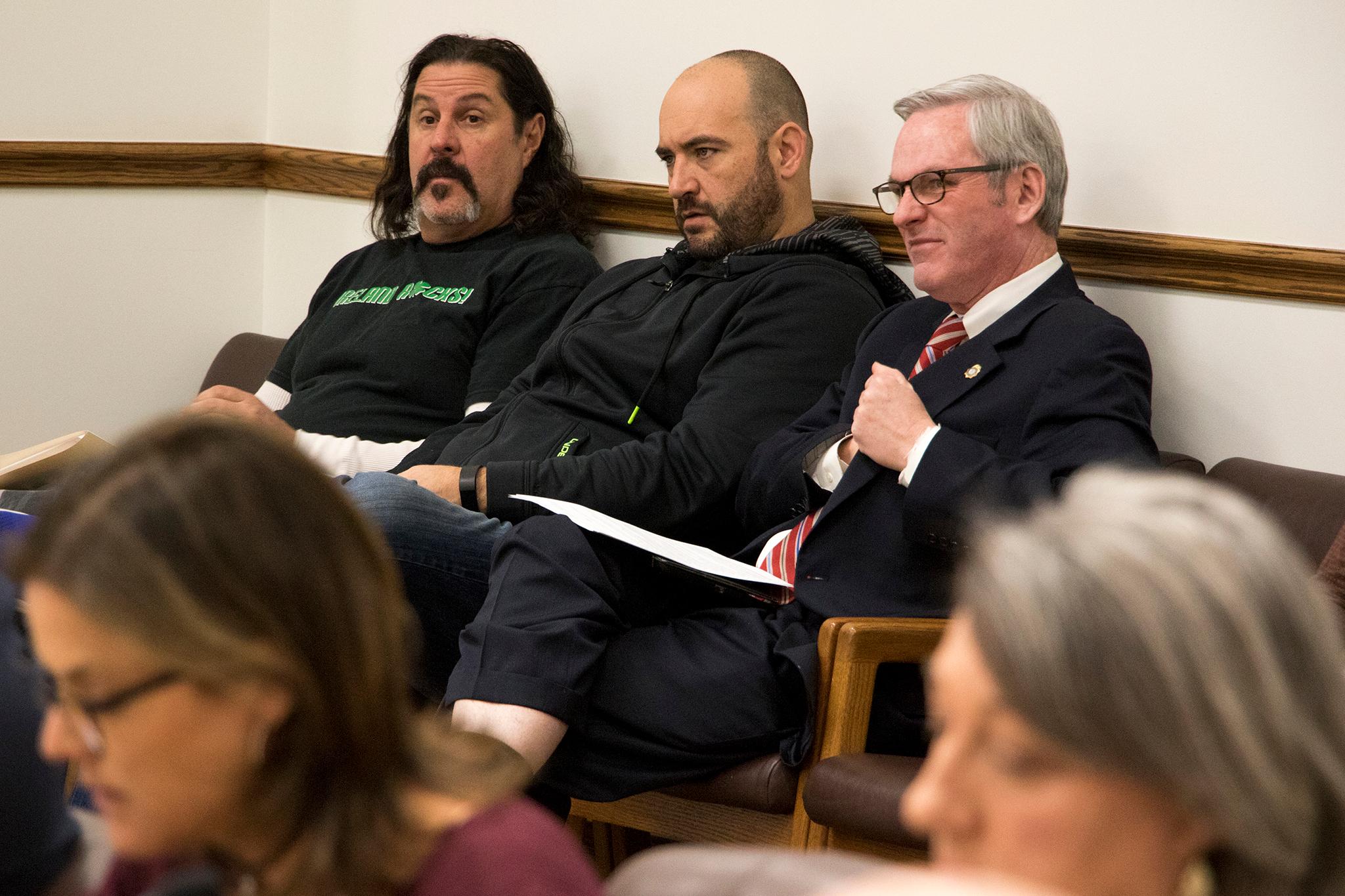
"The bottom line is that all the changes are not all necessary," Rogers said. "We're not opposed to all of them. No one is against whistle-blowers, but there's already state and federal law that protects whistle-blowers."
The union is fine with the chief and sheriff getting investigated, Rogers said.
Mayor Hancock has not taken a side on the new powers, which supporters say would enhance a model that's already nationally renowned.
The mayor issued a statement saying he supports "the mission" of the independent monitor... which is different than supporting the ordinance. The proposal is not final, though, an it sounds like Hancock's weighing things out.
"The mayor supports efforts to improve transparency and accountability, and he looks forward to discussing the details of the proposal with council members," spokesman Mike Strott said in an email.
Denver's Office of the Independent Monitor is a national model. A delegation from Tulsa flew in just last week for pointers.
Other cities are emulating Denver's outreach program to mend ties between police and young residents, according to Brian Corr president of the National Association for Civilian Oversight of Law Enforcement. NACOL endorsed the changes wholeheartedly in a letter to officials.
"For a midsize city, they really punch above their weight," Corr said in an interview.

